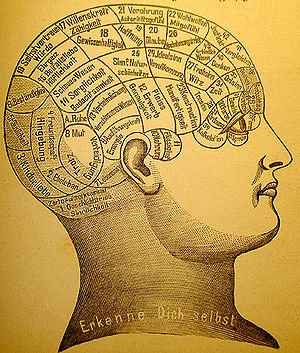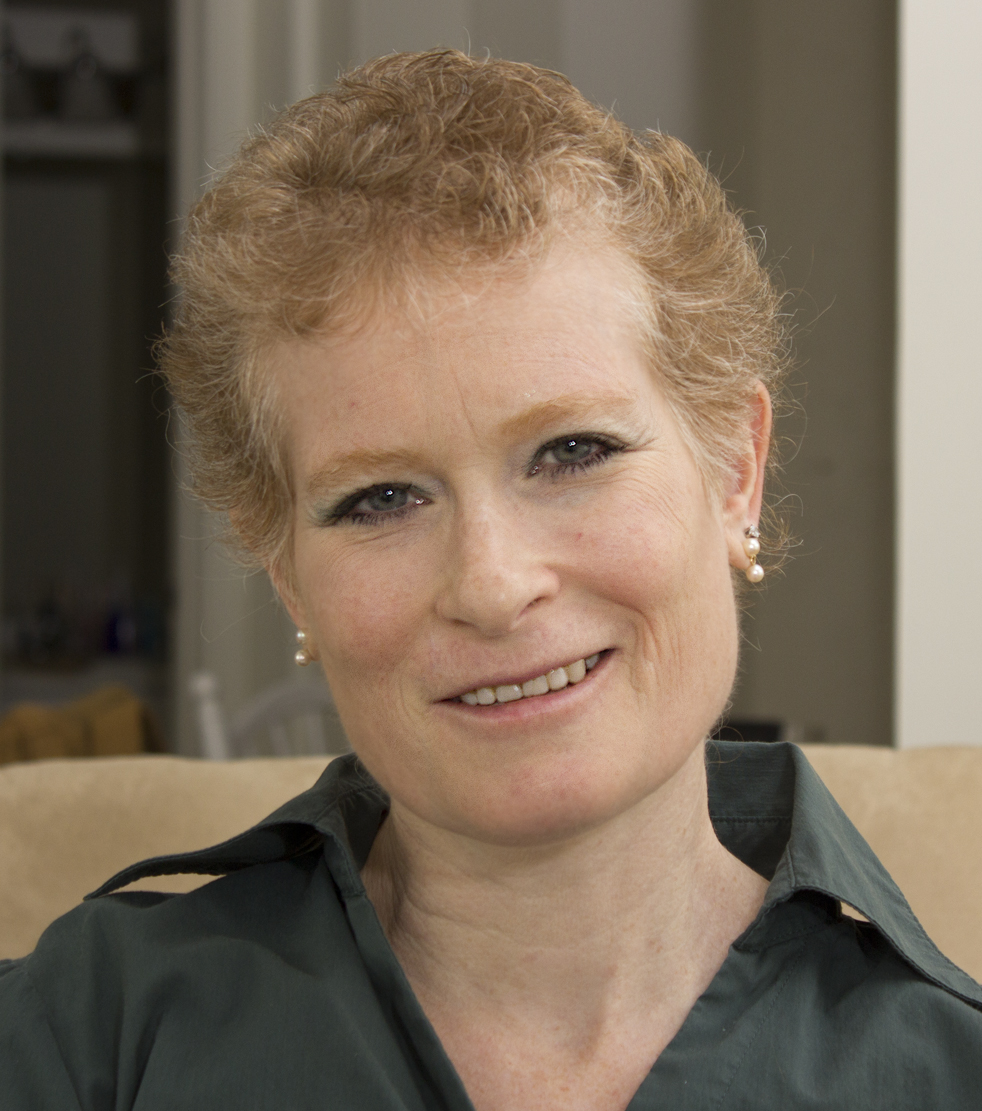
The Myths About Hypnotism Debunked By True Neuroscientist At Long Last! – Vol. 218, September 26, 2013 –
One of the most frustrating things about being a hypnotist, is the fact that many people fear it lacking any real understanding of what it actually is -( a naturally occurring state) that is true of the general population. The medical folks are fearful of hypnosis because they too, have no idea what it really is. If they did they would run out and learn everything they could about it with how much easier it would make their lives, by making the lives of their patients much calmer as they would be in a relaxed and contented emotional space while dealing with the medical issues that they need to have addressed – the reason for their visit to the doctor. The mental health professionals would be wise to integrate hypnosis into everything they do because their patients would surely heal themselves – except that can create a problem for the mental health professional because than the patient will no longer need to see them.
For those who are actually into the health sciences to help people to heal, and for those of you who are consumers of the medical world – which includes just about anyone at some point in life, then hypnotism is something that all of us need to learn how to do and to use proficiently. Of course I would hope a health care professional would take the necessary time and attention to really learn how to use hypnotism in one’s practice because it is indeed a completely separate art and science then what one does when doing what I call “conscious talk therapy.” This is because we are indeed speaking directly to the unconscious mind, and in my case when the unconscious mind gets in the way of the letting go of the issue, then we work in the “higher” or “super conscious” mind (because it is the prime directive of the unconscious mind to protect the conscious from anything that it is unable to handle, thus many traumas are unremembered stuck in the unconscious mind.) This is also why much of talk therapy works on a very superficial level – because one isn’t going into the unconscious mind, rather working in the conscious mind that is unaware of the difficulty, it being UNconscious.
Now why does all of this matter? Because the wonderful news of a few researchers that are demonstrating the fact that hypnosis is indeed a distinct form of brain functioning. Dr. David Spiegel, a psychiatrist and the director of the Center for Integrative Medicine at Stanford University in California is on the verge of identifying a signature of being hypnotized. This is something that has never been done before. In his study published in the October issue of Archives of General Psychiatry he has reported the changes found in the brain using both functional and magnetic resonance imaging.
They scanned the brains of 12 very hypnotizable adults and 12 with low hypnotizability. The researchers looked at three different networks in the brain: the default-mode network which is engaged when the brain is idle, the executive-control network which is engaged in executive functions and the salience network which is engaged when deciding one thing is more important than another. Both groups have active default-mode network when the brain is idle. The more highly hypnotizable people showed more activity between the executive-control and salience network then the less hypnotizable adults. The scans showed that the more hypnotizable group the dorsolateral prefrontal cortex (the executive functional part of the brain) was activated simultaneously with the dorsal anterior cingulate cortex, which is part of the salience network (which helps to focus attention on the more important things). There was little functional connectivity in these two areas in those that seemed to be low in hypnotizability.
In the article Neuroscience Gets Serious About Hypnosis reported in Research Digest: Blogging on Brain and Behavior,( August 1, 2013), David Oakley and Peter Halligan state that brain imaging supports the fact that hypnosis is a distinct form of consciousness. Once one is induced into hypnosis, participants showed reduced activity in the “default mode” network with increased activity in the “prefrontal attentional system”.
Participants exposed to suggestive statements can experience altered perceptual or bodily sensations. For example if the participant is told that their arm is getting heavier and they cannot move it, the suggestible participant would be unable to move their arm, it seemingly being paralyzed.
When a study of participants were hypnotized and instructed to see colorful Mondrian images that were in gray, brain scan results showed altered activity in fusiform regions of the brain which are involved in the processing of color. These changes were not observed when the participants merely imagined the Mondrians in gray.
Many neurological symptoms are medically unexplained lacking an organic cause. It is in these areas that hypnosis is proving to be a powerful way to model, explore and treat peoples’ symptoms. Unfortunately this area of generating experiences with a targeted suggestion is under-researched given the human’s cognitive abilities influencing human behavior and consciousness according to Oakley and Halligan.
I am hopeful that the research will continue. I certainly have avenues of research that I would like to see undertaken in the long term results my addicted clients receive from the work they do with me clearing out their dysfunctional self-medicating ways, and replacing them with life affirming thoughts and actions as the outcome of our work together.
It is really true that your mind is what controls how you feel be it: physically, emotionally, mentally or spiritually. The best way to use the mind you have is to learn how to access its various parts by using hypnotic techniques. I know that after more than 11 years of practicing hypnosis, and many years before, working in vendor programs for the severely mentally ill, there is no faster, longer lasting way to get a person into a happy and productive life regardless of the complications involved, or the severity of the client’s situation with two exceptions: 1) If a person has a personality disorder it is much harder for them to make the requisite changes and 2) if a person has an IQ lower than 70, that person would find it difficult to focus on what the hypnotist is asking them to do in their minds. Other than that the only other issue would be one of trusting your hypnotist. To find an excellent one, you need to go online to see that they have had success stories in the area that you are requesting help in the form of blog postings demonstrating knowledge in that particular area. Better than that, look for detailed testimonials from their past clients proving over a longer period of time – more than a year out that they were successful in taking care of the issue. These should read more like case histories to give you a greater understanding of the course of treatment the client went through. With that, you are armed better than anything you could possibly gain from a psychologist or psychiatrist who is unable to share that information with you based on the confidentiality regulations of their licensing boards. Hypnotism is not a licensed profession here in the U.S.A. You may find licensed professionals that say they do hypnosis, however it is my clients’ experience that they have had little to no effect using hypnosis not being fully educated in the manner it deserves for the best results. It is a separate profession and needs to be treated as such. That is just the way it is – good luck on your search and may you be healed of whatever is getting in the way of your living a happy and fulfilled life.

Sign Up Now for your Free 1/2 Hour Consultation
If you have found this website helpful and informative and either you or someone you care about has an issue that might need clearing. Then Suzanne would like to invite you to experience a 1/2 hour free no obligation consultation via phone or Skype. Suzanne has successfully helped people all over the world, why not give her the chance to help you. Get the facts about your personal situation from a caring professional source and change your life for the better today!
Sign Up Now for your Free 1/2 Hour Consultation
